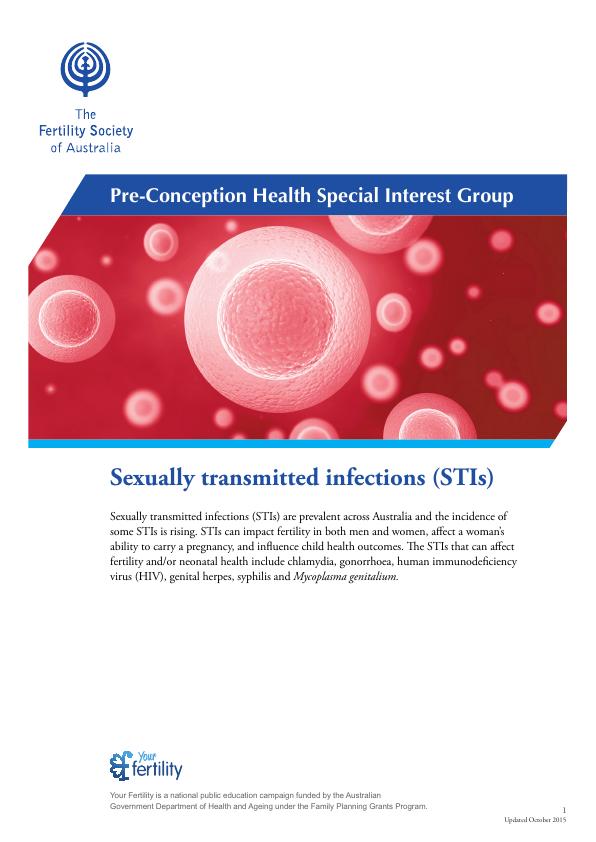Impact of Sexually Transmitted Infections on Fertility and Neonatal Health
3 Pages1928 Words165 Views
Added on 2023-06-05
About This Document
This article discusses the impact of sexually transmitted infections (STIs) on fertility and neonatal health, with a focus on chlamydia, gonorrhoea, HIV, genital herpes, syphilis, and Mycoplasma genitalium. It also provides recommendations for screening and safer sex practices to prevent transmission and minimize the risk of health problems in unborn children. The article is written by Karin Hammarberg on behalf of the Pre-Conception Health Special Interest Group.
Impact of Sexually Transmitted Infections on Fertility and Neonatal Health
Added on 2023-06-05
ShareRelated Documents
End of preview
Want to access all the pages? Upload your documents or become a member.
How to set a clear presentation objective
|19
|738
|14
Promoting Sexual Health Assignment (PDF)
|12
|4446
|250
STI Among Youths of Australia
|8
|2361
|53
Aging changes and sexually transmitted diseases
|17
|1232
|13
ABOUT PATHOPHYSIOLOGY CASE STUDY 2022
|6
|1206
|20
Sexually Transmitted Infections Among Youth in Canada
|9
|2268
|86

